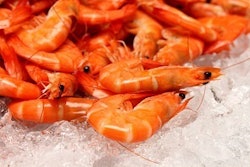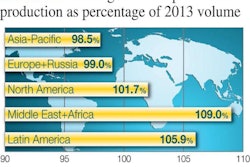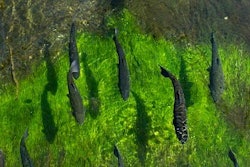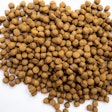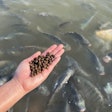Researchers at Rothamsted Research in the U.K. have announced the results of a field-scale experiment growing the oilseed plant, Camelina sativa (also known as false flax), which has been genetically modified to make in their seeds the omega-3 fatty acids found in fish oils.
Reporting their work in the journal Metabolic Engineering Communications, Professor Johnathan Napier and his colleagues highlight that this is the first demonstration of field stability of the important omega-3 trait in transgenic plants and it demonstrates the feasibility of using agriculture to make fish oils.
Omega-3 fatty acids are important for human health
Medical doctors acknowledge that the long-chain polyunsaturated fatty acids, eicosapentaenoic acid (EPA) and docosahexaenoic acid (DHA) are beneficial components in the human diet, reducing the risk of death caused by coronary artery disease. The main sources of these compounds are marine fish, either wild or farmed. The fish accumulate these omega-3 oils by feeding either on other organisms in the food chain or, for farmed fish, through fishmeal and fish oil in feed.
Relieving pressure on fish oil supplies
According to the Marine Ingredients Organisation, IFFO, in 2012, the annual global production of fishmeal and fish oil is around five million tons of meal and one million tons of oil, the majority of which is derived from small fish like anchovy, menhaden, sardines and sandeels, which are not popular for direct human consumption.
Concerns over declining wild fish stocks have helped fuel the growth in aquaculture and hence, also the demand for farmed fish feeds, putting even more pressure on supplies of fish meal and fish oils from wild catches.
So the successful cultivation of an oilseed crop to help relieve pressure on fish oil supplies is welcome news and offers the potential for a more sustainable source of these oils for aquaculture feeds as well as human nutrition.
“We are delighted with the results of our first-year field trial,” commented one of the authors of the paper, Dr. Olga Sayanova, the senior Rothamsted Researcher who developed the GM Camelina plants. “Finding a land-based source of feedstocks containing omega-3 fish oils has long been an urgent priority for truly sustainable aquaculture. Our results give hope that oilseed crops grown on land can contribute to improving the sustainability of the fish farming industry and the marine environment in the future.”
Salmon feed trials planned
There are no plans to test the oils produced in the field-scale Camelina trial to fish, according to Rothamsted Research. However, oils extracted from similar plants grown in the greenhouses are being tested for salmon. The project, funded mainly by the Biotechnology and Biological Sciences Research Council (BBSRC) in the U.K. and BioMar Ltd., involves Napier and Professor Douglas Tocher at the Institute of Aquaculture, University of Stirling.
Camelina meal in diets for poultry, farm livestock
Non-GM camelina meal is approved by the FDA for use in feeds for broilers, layers and beef cattle and earlier this year, it was authorized for the first time in Canada for broiler diets.
The oil has been shown to improve pig meat quality.

